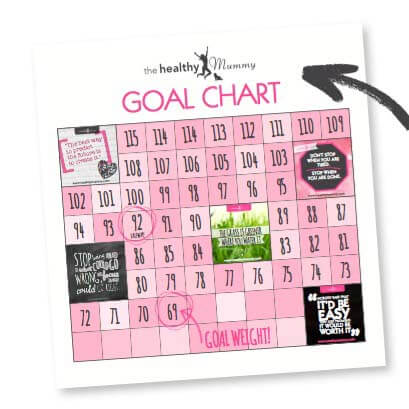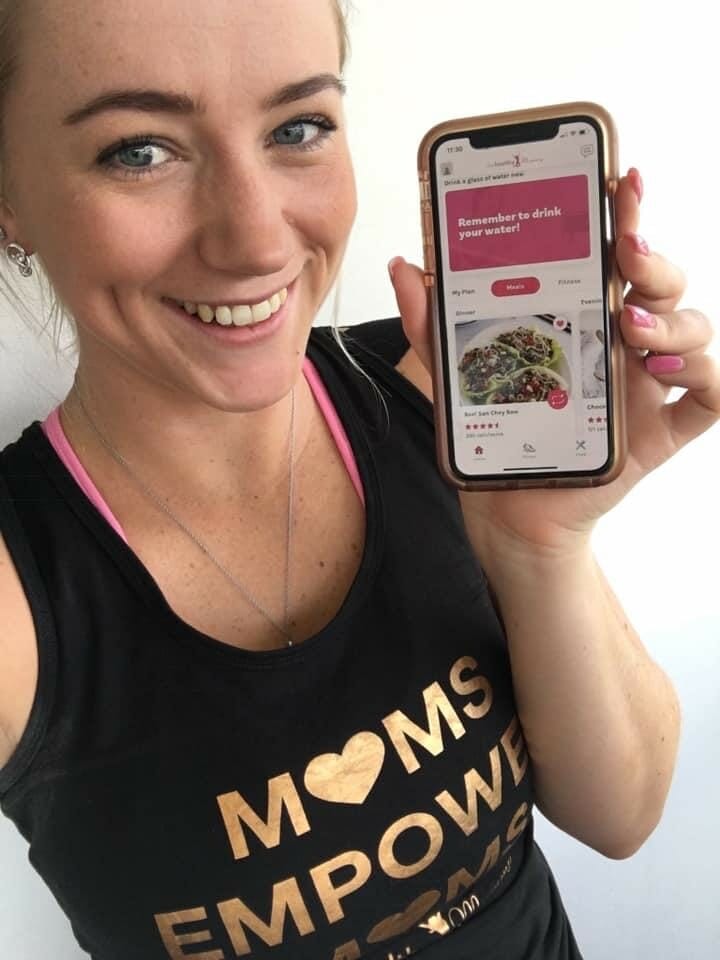Setting SMART Goals For Success
What does success mean for you on the 28 Day Weight Loss Challenge?
It could mean achieving a goal such as losing weight, getting fitter, improving your relationship, or finding more ‘me’ time.

Success can come in many different forms. By setting goals for ourselves we can measure whether we have achieved them or not.
But if your goals aren’t followed up with a plan of attack, they remain as dreams that may never come to fruition.
Take a look at the goals listed in the first line of this article. Notice anything?
They are unspecific and unmeasurable. If you set a goal such as ‘getting fitter’ how will you know when you have achieved it?
If you say you want to ‘lose weight’, how will you know when to pat yourself on the back for doing it?
For this reason, there is a popular acronym for goal-setting –SMART.
This is how it works. Your goal needs to be:
- Specific
- Measurable
- Attainable
- Relevant
- Time-Bound
Let’s look at each of these more closely.
Specific
This is probably the most important one. Your goal needs to spell out, in no uncertain terms, what you hope to achieve. Wanting to ‘get into running’ is great, but as a goal it is a bit too general. What constitutes getting into running? Running once? Running 200m? Try to say something like ‘I am going to enter a 5km running event in August this year.’
Another goal is often ‘I want to lose weight.’ So have a think about exactly how much weight you want to lose. It could be ‘I want to get back to my pre-baby weight of 11st.’ Or perhaps as simple as ‘I would like to lose 2 stone.’
If your goal relates to people and relationships (such as wanting to improve your relationship with your partner), perhaps your goal can be related to taking steps to make that happen. For instance your goal could be ‘I will schedule ‘date night’ every second Wednesday night.’
Measurable
This is key in goal setting. This helps us to see how we are tracking. You need to be able to measure where you are now, and also measure at the end to find out whether you have succeeded.
This is why a goal like ‘get more sleep’ won’t work – how will you know you have done this if you have no detail surrounding it? By setting a goal such as ‘I will be in bed by 10pm each night’ you can measure your success by noting how many times in the past week you achieved that bedtime.
You could also set a measurable goal such as ‘I will eat two pieces of fruit each day.’
Attainable
Is your goal possible in the real world? It’s great to aim high, but you also don’t want to set yourself up for failure from the outset.
If you’ve set a goal such as ‘I want to lose 3st by next Thursday’ you are not setting yourself a goal that is attainable.
If you want to schedule date nights but have no one lined up to babysit, your goal is likely to fall by the wayside.
Deciding to set a goal to ‘go to the gym every day’ might work for the first week, but is not likely to be something that you can realistically commit to.
You can also ask for help if you need it. Perhaps in order to achieve your goal of running in a 5km race you might need to join a training group to push you. If that’s the case, take the steps to make that happen, rather than doing nothing and showing up on the day of the race unprepared.
If you feel as though your goal is too big and might be a little overwhelming – such as ‘I want to lose 4 stone in the next 12 months’ you could consider breaking your goals down into manageable chunks.
For instance you might set weekly or monthly goals instead, which will see you celebrate mini-victories along the way.
Relevant
Your goal has to mean something to you, it needs to affect you in a real way or you won’t make it happen.
If you are feeling as though your weight is an issue and you know that you have a sweet tooth, you could set a goal such as ‘I will have dessert no more than twice per week.’
If you say ‘I will never eat chocolate again’ that is not something that will sit well with you and will most likely not be achieved.
If your reunion is coming up, wanting to fit into your red dress that you know looks fab is a great way to set a relevant goal.
Time-bound
Procrastination is a killer when it comes to reaching your goals. If you have no timing around when you want to achieve your goals by, it is easy to put things off for another day (or…forever).
A time based goal could be ‘I want to fit back into my yellow swimsuit by the 10th of June when we go on our beach holiday.’
A specific date, such as a reunion, a wedding, a holiday, or just an arbitrary date in the future (such as ‘1 year from now’) helps you to take the steps to reach the goal as you see the days counting down.
See if you can SMART-en up your goals. Write them down, and take the steps necessary to make them happen. Success is just around the corner!



